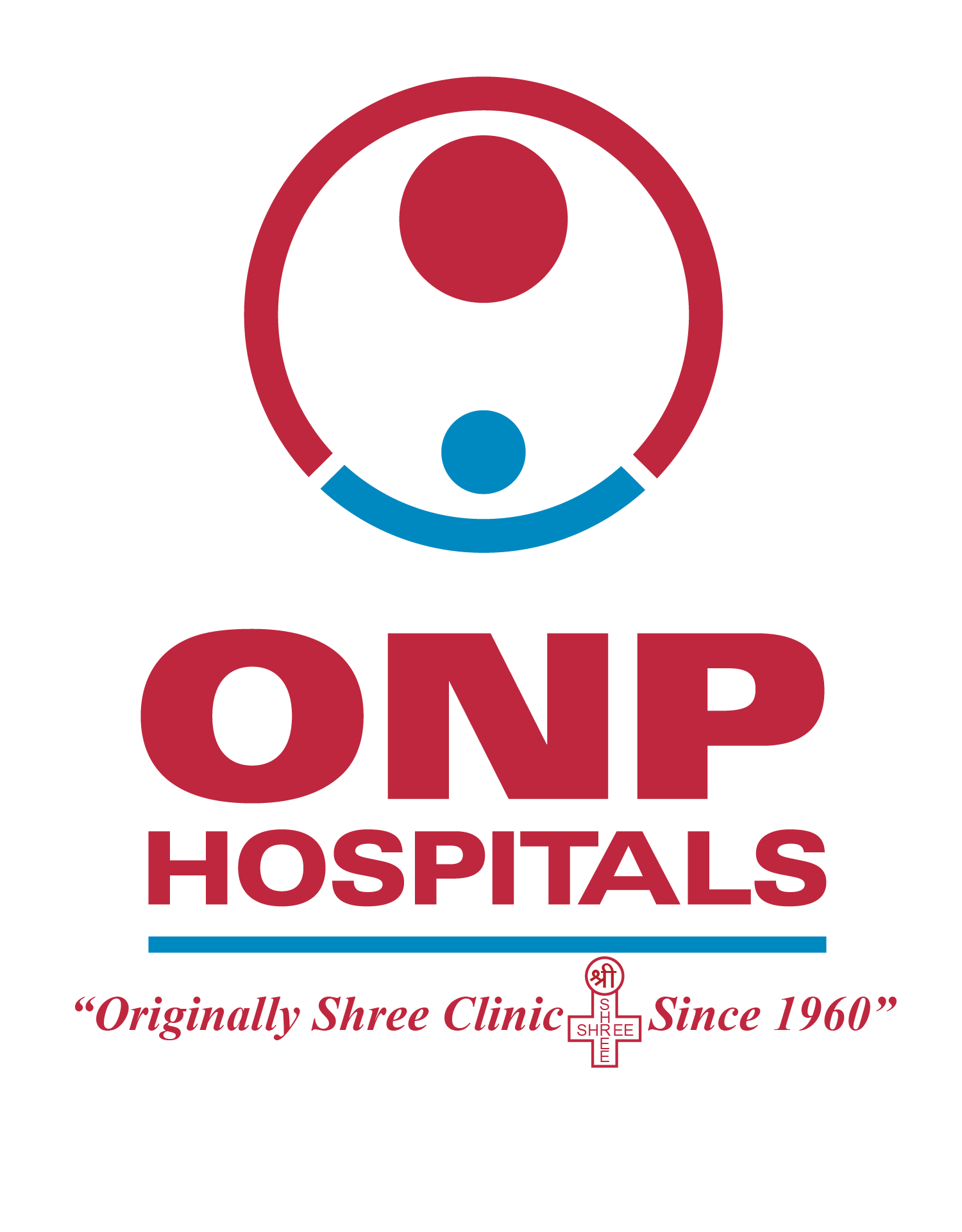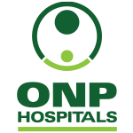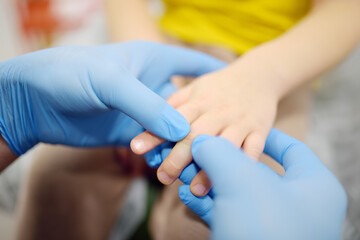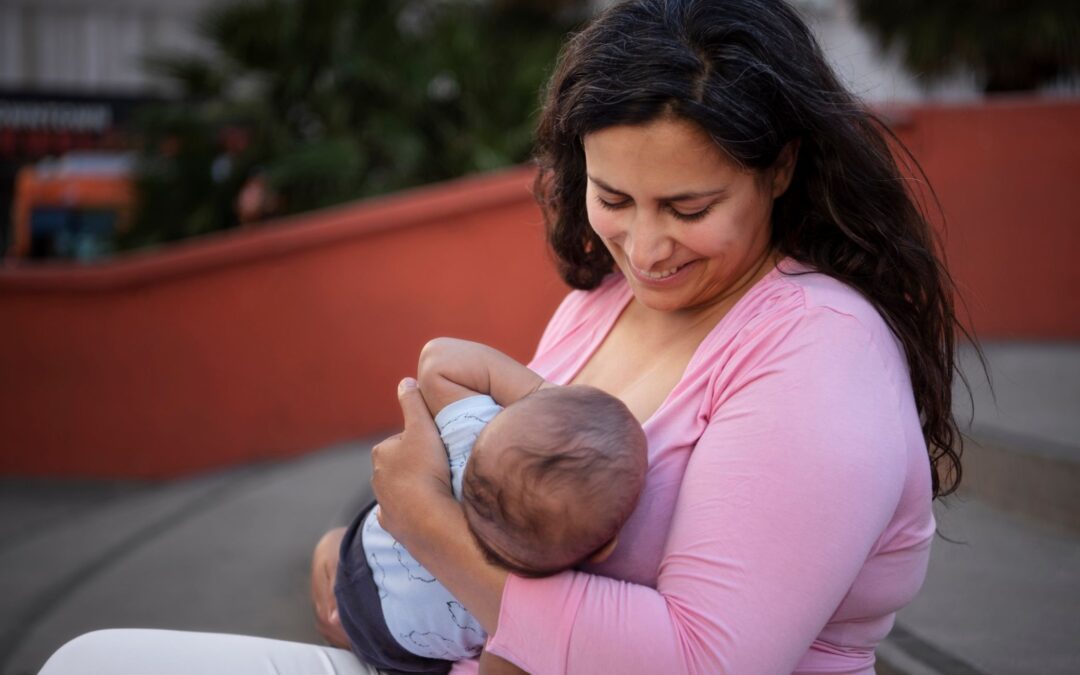As a pediatrician at ONP Hospitals, I’ve witnessed countless stories of resilience and recovery, but one case stands out—little Anaya’s story. Anaya, a spirited four-year-old, came to us after a severe finger injury that happened while she was playing in the backyard....
Introduction
The journey of motherhood extends beyond childbirth, and taking care of yourself after giving birth, known as the postpartum period, is just as important as caring for your newborn. This transformative time requires self-care, support, and attention to your physical and emotional well-being. In this blog, we’ll explore essential postpartum care tips to help you navigate this phase with confidence and resilience.
1. Prioritize Rest and Sleep:
Getting enough rest and sleep is crucial during the postpartum period. While it’s natural to want to tend to your baby’s needs, remember that taking care of yourself allows you to be the best caregiver. Nap when your baby sleeps and enlist the help of family and friends to provide support.
2. Eat Nutrient-Rich Foods:
A balanced diet is essential for your recovery and breastfeeding journey. Focus on nutrient-dense foods like fruits, vegetables, whole grains, lean proteins, and healthy fats. Staying hydrated is equally important, especially if you’re breastfeeding.
3. Listen to Your Body:
Pay attention to your body’s signals. If you’re experiencing pain, discomfort, or fatigue, give yourself permission to rest and seek medical advice if needed.
4. Support Your Pelvic Floor:
Your pelvic floor muscles undergo significant changes during pregnancy and childbirth. Practicing gentle pelvic floor exercises (Kegels) can help strengthen and support these muscles.
5. Practice Gentle Movement:
Engaging in light, gentle movement like walking can aid in your physical recovery and promote a positive mood. Consult your healthcare provider before resuming any strenuous exercise routine.
6. Seek Emotional Support:
The postpartum period can bring a range of emotions, from joy to anxiety. Reach out to friends, family, or a mental health professional if you’re experiencing emotional challenges.
7. Accept Help:
It’s okay to accept help from loved ones. Whether it’s assistance with household chores, preparing meals, or looking after the baby, allowing others to lend a hand can alleviate stress.
8. Connect with Other Moms:
Joining a postpartum support group or connecting with other new mothers can provide a sense of community and a platform to share experiences and advice.
9. Manage Breastfeeding Challenges:
Breastfeeding can come with its share of challenges. Seek guidance from a lactation consultant or healthcare provider if you encounter issues such as latch difficulties, engorgement, or sore nipples.
10. Be Kind to Yourself:
The postpartum period is a time of adjustment. Allow yourself to embrace imperfections, acknowledge your achievements, and give yourself grace.
11. Address Perineal Care:
If you had a vaginal birth, proper perineal care is essential. Use warm water and a gentle cleanser, and consider using a peri-bottle for comfort after using the toilet.
12. Stay Hygienic and Rested:
Make time for self-care practices such as showering, changing clothes, and brushing your teeth. These seemingly small acts can have a significant impact on your overall well-being.
Conclusion :
Postpartum care is a holistic journey that encompasses physical, emotional, and psychological well-being. By nurturing yourself during this transformative period, you’re not only promoting your own health but also creating a foundation for your baby’s well-being. Remember that seeking support, practicing self-compassion, and prioritizing self-care are essential components of this journey. As you embark on the path of motherhood, remember that you deserve the same love and care you’re giving to your newborn.




